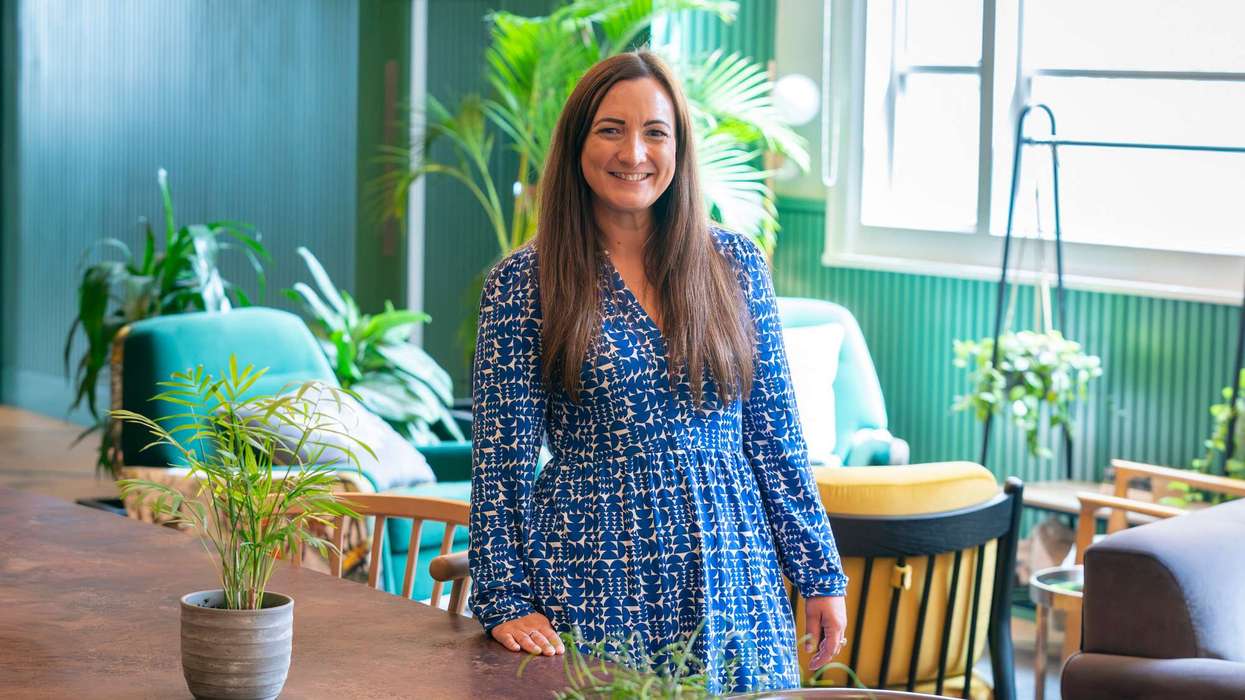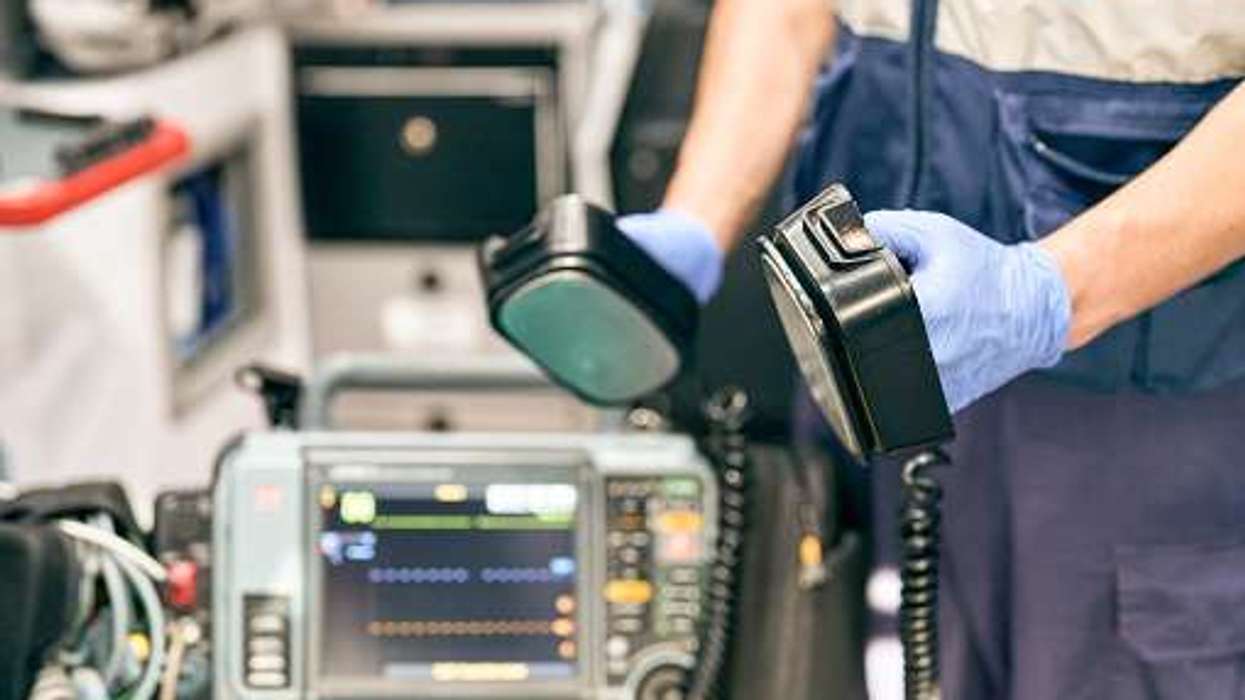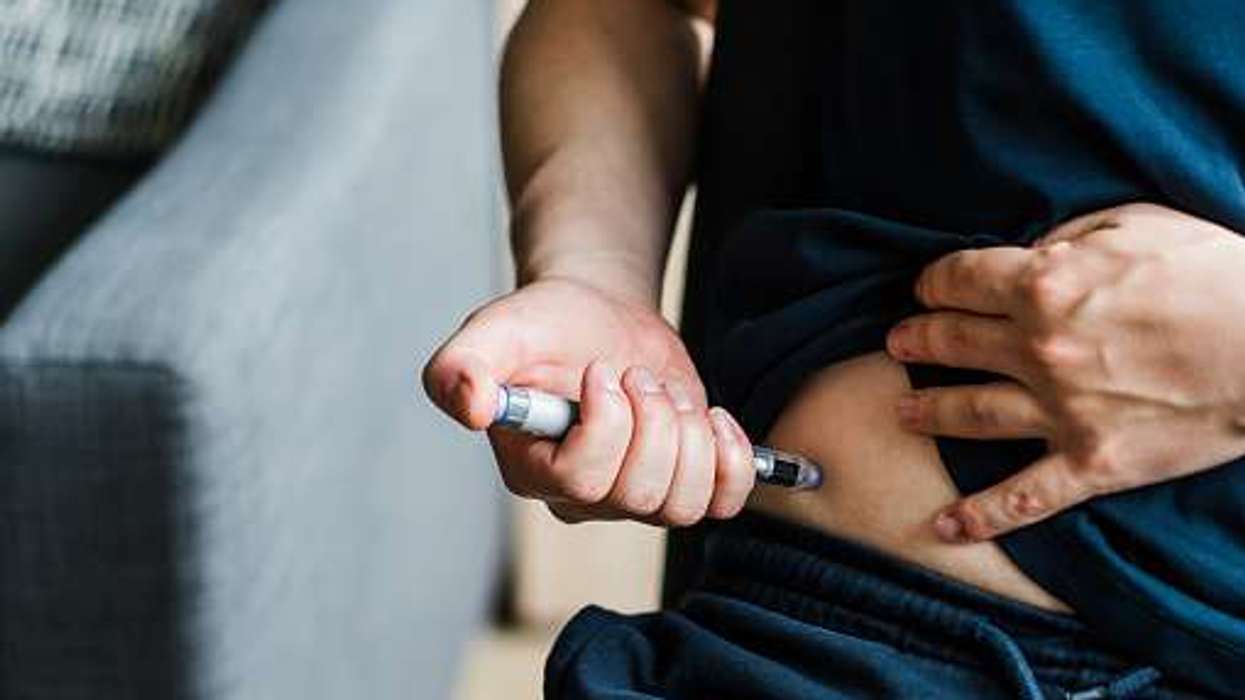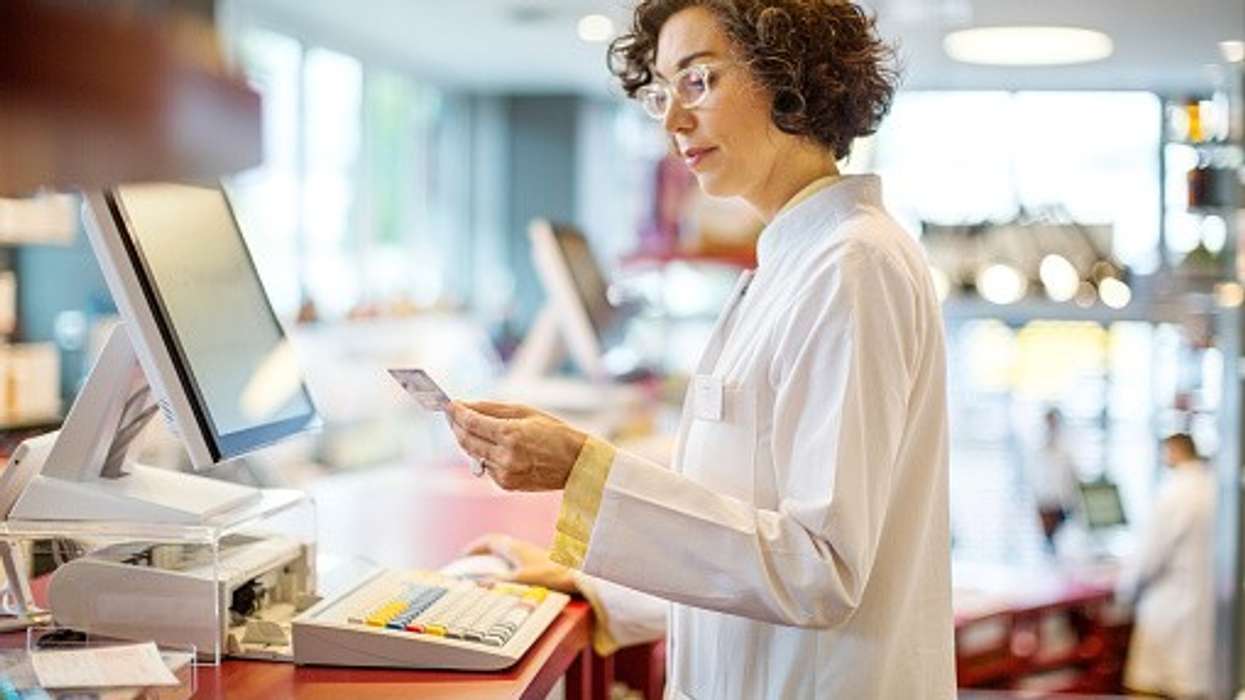The NHS Covid-19 vaccination programme England has delivered 70 million doses of the Covid jabs.
The health service has averaged almost 10 million doses given each month. The vaccination programme continues with more than 39 million people now have had at least one dose – around nine in 10 of the adult population – and well over 30 million people are now fully vaccinated against Covid after receiving two doses.
Health leaders are urging anyone yet to get their jab, particularly young people, to come forward this weekend and take up the offer to protect themselves, their friends, and family.
NHS teams also continue to focus on second doses, which give the maximum protection possible, and saw a surge between last Friday and Saturday, with 15 per cent more people getting their second dose compared with the weekend before.
GP, NHS medical director for primary care, and deputy senior responsible officer for the vaccine programme, Dr Nikki Kanani, said: “The NHS has delivered 70 million doses across England in just over seven months, giving protection against coronavirus to more than 39 million people and saving thousands of lives from this deadly disease.
“This milestone could not have been achieved without the tireless efforts of NHS staff and volunteers up and down the country, working day in and day out to deliver the biggest vaccination drive in health service history.
“Although almost seven in 10 adults are now fully vaccinated, as we see a rise in COVID cases in the community once again, there has never been a more important time to get yourself protected: it remains the best way to protect yourself, your friends and your family, so particularly young people who are yet to come forward, this is the single most important thing you can do this weekend.”
The NHS in England made history when Margaret Keenan received the first jab outside of a clinical trial in Coventry, in December 2020.
Since then the NHS Vaccination Programme, the biggest in health service history, fastest in Europe and most precise in the world, has jabbed over 39 million people across the country – more than 85 per cent of all adults.
The NHS continues to send text messages to adults to remind them to bring forward their second jab forward to eight weeks, in line with updated JCVI guidance. So far two thirds of all adults have had both doses and are fully vaccinated against coronavirus.
People who attended a walk-in clinic for their first dose will have their vaccination record updated online and will then be able to book in their second dose appointment using the national booking system.











